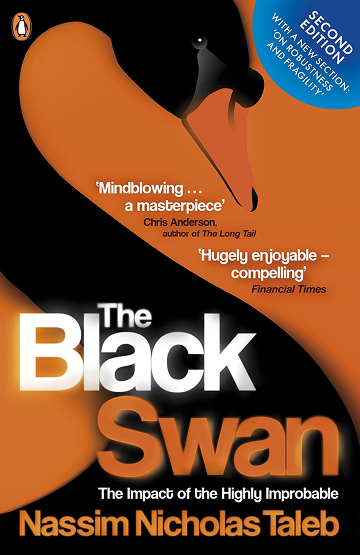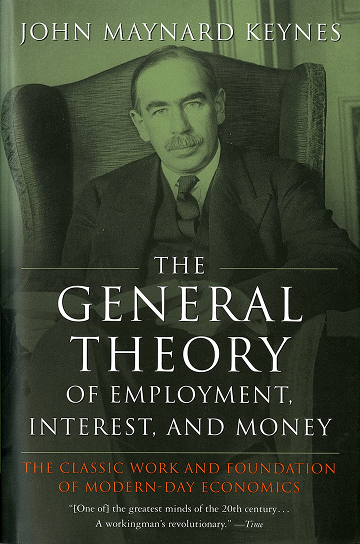
Charlie Munger Biography, Career, Net Worth, and Key Insight



Charlie Munger’s Profile Summary
|
Company
|
Berkshire Hathaway |
|---|---|
|
Position
|
Vice Chairman of Berkshire Hathaway |
|
Source of wealth
|
Investment gains from Berkshire Hathaway, Ownership stakes in Berkshire subsidiaries, Law firm income (early career), Management and performance fees from private investments. |
|
Also known as
|
Charlie Munger is known not only for his role at Berkshire Hathaway, but also as an influential philanthropist, author, and legal expert. |
|
Years of life
|
01.01.1924 - 28.11.2023 |
|
Education
|
University of Michigan – Studied Mathematics (did not complete degree). Caltech (California Institute of Technology) – Attended Meteorology classes during military service. Harvard Law School – Juris Doctor (JD) |
|
Citizenship
|
United States |
|
Residence
|
Los Angeles, California, USA |
|
Family
|
Charlie Munger’s family includes children from two marriages. He had three children from his first marriage with Nancy Huggins and four from his second marriage with Nancy Barry. He also had two stepsons from Nancy Barry’s previous marriage. |
|
Website, Social Media
|
https://www.berkshirehathaway.com/ |
Charlie Munger’s biography
Charlie Munger, born on January 1, 1924, in Omaha, Nebraska, was a prominent investor, businessman, and philanthropist. He initially pursued a career in law, earning a J.D. from Harvard Law School, before transitioning to finance. Munger is best known as the long-time business partner and Vice Chairman of Berkshire Hathaway alongside Warren Buffett. Their collaboration, which began in 1978, is widely considered one of the most successful investment partnerships in history. Before joining Berkshire, Munger operated his own investment firm, Wheeler, Munger & Co., which achieved significant success. He also played a crucial role in shaping Berkshire’s investments and corporate philosophy. Known for his sharp wit and clear thinking, Munger’s principles on mental models, rational decision-making, and long-term value investing have influenced numerous investors globally. Beyond finance, Munger has contributed to various philanthropic causes, particularly in the fields of education and healthcare. His legacy extends beyond business, as he has always emphasized ethics, intellectual humility, and the power of lifelong learning-
How did Charlie Munger make money?
Charlie Munger makes money in the following areas:
Investment gains from Berkshire Hathaway, Ownership stakes in Berkshire subsidiaries, Law firm income (early career), Management and performance fees from private investments.
-
What is Charlie Munger net worth?
As of 2025, Charlie Munger’s net worth is estimated to be $2.6B.
What is Charlie Munger also known as?
In addition to being Warren Buffett's longtime business partner and vice-chairman at Berkshire Hathaway, Charlie Munger was a respected philanthropist who made significant donations to educational institutions, including the University of Michigan and the University of California, Santa Barbara. He also played a key role in the development of the "Munger Hall" at UC Santa Barbara, a project focused on optimizing student living spaces. As an author, Munger shared his investment philosophy and life principles in the book Poor Charlie's Almanack, which has become a must-read for investors and business leaders around the world. His teachings often emphasize the importance of multidisciplinary thinking, ethics, and rational decision-making. Munger’s background as a lawyer further shaped his career; he worked as an attorney early in his life before transitioning fully into investment management. His legal expertise was crucial in negotiating several complex deals throughout his career.Prominent achievements of Charlie Munger
Vice Chairman of Berkshire Hathaway for over four decades. Co-authored Poor Charlie’s Almanack.Built a successful partnership with Warren Buffett, shaping one of the world’s most successful conglomerates. Awarded honorary degrees and recognized for his contributions to business and philanthropy.
What are Charlie Munger’s key insights?
Charlie Munger's philosophy emphasizes rational thinking, long-term decision-making, and multidisciplinary learning. He advocates for patience, discipline, and the power of compounding. His approach is to seek "elementary, worldly wisdom" by integrating knowledge from various fields. Munger is a strong proponent of understanding one's own limitations and always seeking to reduce biases in decision-making.
Charlie Munger’s personal life
Munger’s children from his first marriage are Wendy, Molly, and Teddy (who died of leukemia at age nine). With his second wife, Nancy Barry, he had four children: Charles T. Munger Jr., Emilie Munger Ogden, Barry A. Munger, and Philip R. Munger. Additionally, he raised two stepsons, William Harold Borthwick and David Borthwick
Useful insights
Understanding market forces
In my experience, to truly succeed as an investor, it’s essential to understand the driving forces behind market behavior. Market movements aren’t random—they’re influenced by a range of economic theories and dynamics. The following books provide valuable insights into these forces, offering a deeper understanding of how global financial markets operate and what shapes their trends.
-
Nassim Nicholas Taleb – "The Black Swan"

-
Summary:
Taleb explores the concept of rare, unpredictable events—so-called "Black Swans"—that can have massive impacts on markets and society. These events are often overlooked by traditional risk management models, leading to devastating consequences when they occur. Taleb illustrates how these unpredictable shocks shape our world, often more than gradual, expected changes.
-
Why read it:
This book challenges conventional thinking about risk and uncertainty, showing that many major historical and financial events were "Black Swans." It's a vital read for investors who want to build resilience in the face of market volatility.
-
-
John Maynard Keynes – "The General Theory of Employment, Interest, and Money"

-
Summary:
Keynes revolutionized economics by focusing on total demand within an economy and its effect on output and inflation. His theory suggested that government intervention could stabilize economic cycles through fiscal and monetary policy. The book also explains the consequences of under-consumption and the role of interest rates in managing economic stability.
-
Why read it:
For investors interested in macroeconomic trends and policy impacts, Keynes’ work is essential. Understanding the Keynesian framework can help investors predict how government actions might influence market performance.
-
Other profiles in category
Popular Financial Guides
Latest Financial News

South Africa invests R710 million to expand free Internet access

WTI crude oil price slips near $66 as trendline rejection and tariff risk dampen outlook































































































































